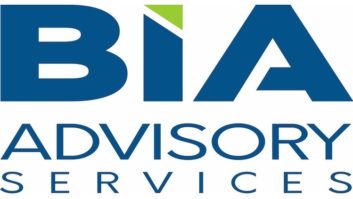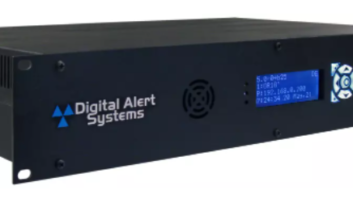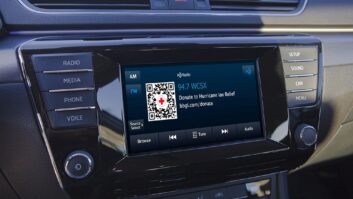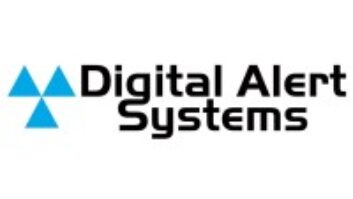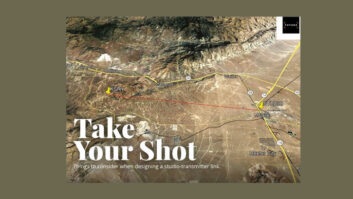In the absence of any significant rulemaking proceedings initiated or completed in the past month, below are several of the subjects that were discussed during the NAB Show in Las Vegas in April. Of special note is the FDA”s recent rulemaking on e-cigarettes, and the FCC”s future resolution of Low Power FM (LPFM) stations filed during the November 2013 window.
First, as noted in the February 2014 column, the growing popularity of e-cigarettes has raised issues regarding the appropriate policies for broadcasters to adopt for advertising such products. While no action was expected to occur until the third quarter of 2014, the Federal Drug Administration took the first step to adopt rules regulating e-cigarettes in April. Specifically, the FDA proposed two alternative options for regulating e-cigarettes, with each option taking the critical step of finding that e-cigarettes are tobacco products. Absent in the notice of proposed rulemaking was a detailed discussion of the advertising restrictions. However, should the classification of e-cigarettes as tobacco products make it into the final rules, then the FDA and the FCC would likely apply its current prohibitions on advertising certain tobacco products to e-cigarettes as well.
Another topic of discussion was the growing use of digital-only political ads that are placed on broadcast station websites. During the panel discussions, a question was raised whether digital-only time/exposure from a licensee would trigger the FCC”s political broadcasting rules. While such advertisements do not trigger the FCC”s rules, the broadcast licensee must remember that it is no longer entitled to the strict immunity from prosecution for false or defamatory statements that may be present in the ads, which is currently provided by the Communications Act. While the Communications Decency Act and Digital Millennium Copyright Act may protect against defamation, state law and copyright claims for online political ads, broadcast licensees should establish policies to make sure they preserve their right to these protections. For instance, producing or editing the ad could mean that the licensee is considered to have created or developed it, and may erode some of these protections. Therefore, broadcast licensees should ensure that they obtain indemnification from the candidates or PACs when taking the advertisements.
Another topic discussed in Las Vegas was the processing of mutually exclusive Low Power FM applications submitted during the November 2013 filing window. While the FCC has processed more than 1,000 singleton applications, there remain even more applications that are mutually exclusive with each other. In such cases, the FCC must use the point system factors articulated in the FCC Form 318 to determine a tentative selectee among the group of conflicting applicants. It is expected that the FCC will be releasing a public notice listing the tentative selectees in the near future. Upon release of the public notice, the tentative selectees will be �accepted for filing,� and parties may submit petitions to deny the applications. One aspect that may resolve many of the MX situations is the concurrent opening of a window for MX applicants to submit amendments to their applications. While �minor� amendments can be filed at this time, during the upcoming window, the FCC is expected to permit �major� amendments that propose non-adjacent channel changes and/or community of license changes that will render applications acceptable for grant as a singleton. Of course, it may be possible that two parties submit proposed changes that result in new conflicts, but it is likely that many of the proposals will result in new LPFM stations.
Finally, the Copyright Office is considering significant changes to the copyright royalty payment structure. The office released a Notice of Inquiry that teed up more than 20 different topics for parties to address in their comments, including an overhaul of the royalty structure for over-the-air and Web-based radio stations. Comments are due in the proceeding on May 16, and the suggestions contained therein will likely lead to further inquiry from the Copyright Office before final rules are adopted.
FCC Dateline

Stations in Delaware and Pennsylvania continue running License Renewal Post-Filing Announcements on May 16, June 1 and 16.
�
Petro is of counsel at Drinker Biddle & Reath, LLP. Email: [email protected].
�
May 2014
Update on AM radio, Beasley builds anew in Las Vegas, all-digital AM’s future, all-in-one portable PAs, tech tips and more….







